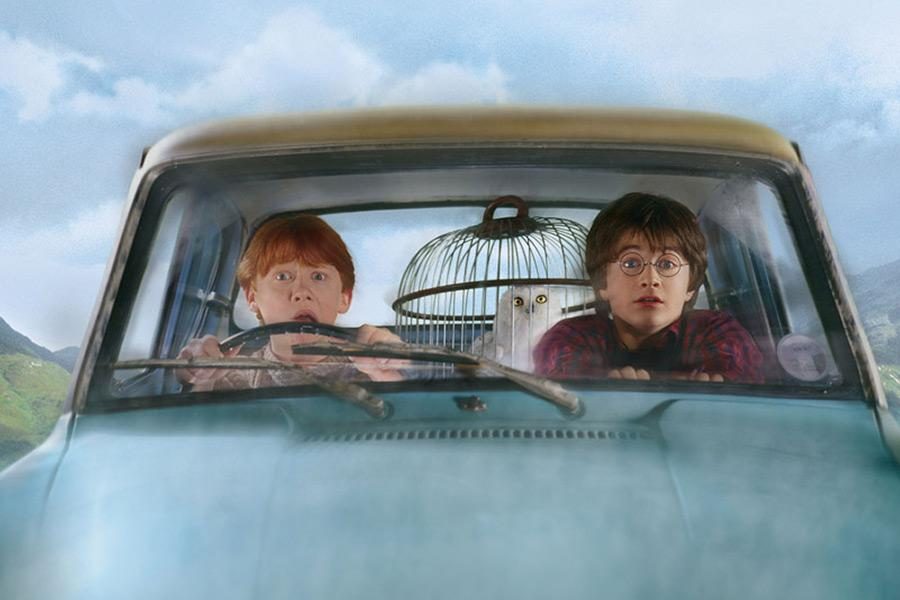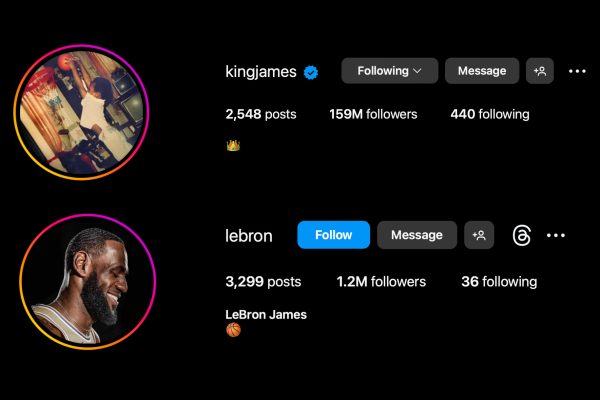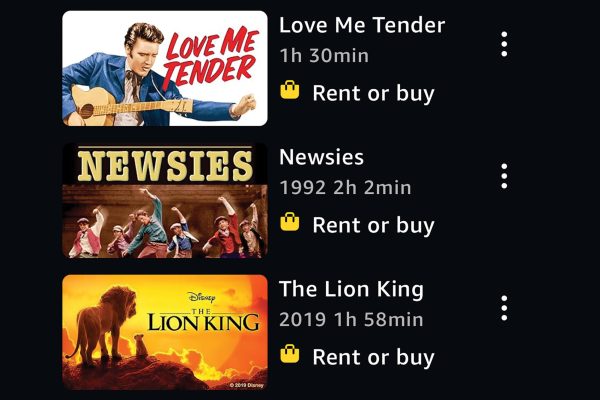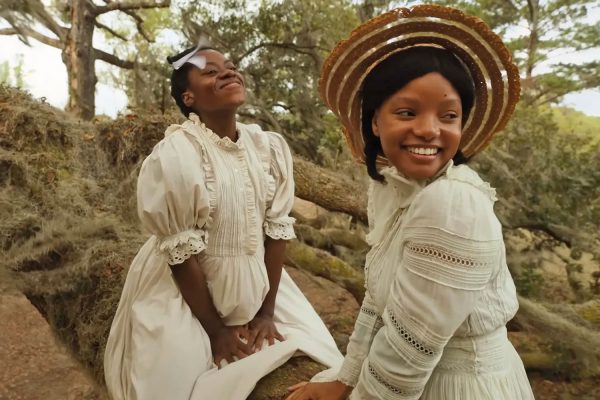Nightmares of a bibliophile
When our favorite books become movies we won’t mention
It’s the midnight premier. The Cinemark is packed. Fans are everywhere. An unusually large number of people are wearing their “fandom” t-shirts or some indication that they are the serious fans. There’s even a few people in full costume, waiting to see what they had been imagining for years. The fans had been following the production process for months already. They could name every actor, every director, every scene they hoped would make it to the big screen.
And then, the moment arrives. The movie plays. While it starts out decent, the film takes a sharp descent into the dark realm of “Bad Movie Adaptations.” Fans are heartbroken. The movie is a flop. The directors and actors all try to put the failure behind them and salvage their careers.
The Hollywood trend of taking books and making movies that can best be described as “loosely related” has been taking off lately after the popularity of the Harry Potter books and movies. This seems like every bibliophile’s biggest dream: a three hour celebration of the greatest books of modern times.
Except this is rarely the case. The monumental task of taking a novel with well over 700 pages and compressing it into a three hour movies is nearly impossible. The task of squeezing a well-loved book in a series into a two-hour movie that can also stand alone is completely impossible.
The list of examples is endless. Everyone has had a favorite book that was butchered by box-office crazy directors: Eragon, Divergent, I Am Legend, Percy Jackson, City of Bones, The Hobbit, The Hunger Games and The Giver. Directors love to take books that were wildly successful and change them, but why would they do this?
There are obvious problems with taking a first person novel and making it into a third person movie. Sometimes, having the voice-over play by play gets annoying. Meanwhile, it can be hard to communicate emotions in some cases without them. This leads to cases of awkward dialogue, poor exposition, and uncomfortable close ups. Movie adaptations also have a hard time fitting in the characterization of secondary characters. There just isn’t enough time, and the fans end up “enjoying” one-dimensional characters like Alex from City of Bones, whose entire character was “jealous, unrequited boyfriend”.
These problems are all relatively minor to the cardinal offense of book to movie adaptations: plot changes.
Chief in my mind of offenders in this list of unforgivable sinners is Percy Jackson: The Lightning Thief. A quick compare and contrast of the book and movie would be impossible, because the only thing the two have in common is basically the names of the characters.
I cannot fathom any good reason as to why a director should change a perfectly good book. This is simply beyond the realm of sense. Some movies get changed so much, one has to wonder whether or not the scriptwriters ever bothered to read the book at all.
It seems crazy that an author would allow something like this to happen to the story that they had fostered from its infancy as a wayward idea. Who would let their bestselling novel turn into a caricature of its once bright and fascinating original form?
Some authors, it turns out, do not. J. K. Rowling was on set for almost the entirety of the filming for Harry Potter, and it shows. The movies predominantly remain faithful to the important themes and ideas. Of course nothing is perfect and everyone has a scene or two that they wish was included, but all things considered, the adaptation was fantastic. The Hunger Games series seems to be following the same pattern.
Perhaps if all authors took good old J.K.’s method to heart and sit on set for every part of filming we would have the book to movie adaptations we really want. Maybe even a serious fan of the series in some position of power on set. I simply cannot believe that no one saw the script for “Percy Jackson & the Olympians: The Lightning Thief” and thought it was a good depiction of the book. Hollywood must learn that regardless of how attractive the actors and actresses, how colorful the explosions and how steamy the previously unmentioned romances, fans want the book they fell in love with. Not the poorly written knock-off they usually get.

Leah made a 5 on the physics AP test, but couldn't figure out how to open the door to Jessica Emerson's car even though it was unlocked. One time, she...








